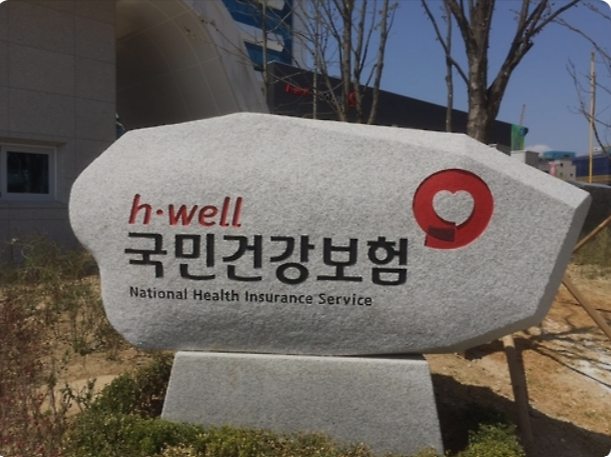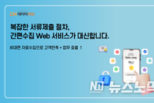Newsnomics ANGELINA Ajay reporter |
South Korean government announced the implementation of 'health care institution identity verification strengthening system’ concentrate on verifying the ID of patient who wish to receive treatment at hospitals and clinics starting from May 20, 2024.
As the law goes into effect, in order to receive health insurance treatment at a hospital or clinic in the future, it will be necessary for the patient to show his/her national identity card while visiting the hospital or clinic for treatment, regardless of whether it is the first or second visit, as the number of cases stealing resident registration cards. increased to 40,418.
 Starting from the May 20, a patient registering for treatment at a hospital or clinic must present at the reception desk an ID card or documents that verifies their identity includes a certificate issued by an administrative or public institution with a photo attached and resident registration number or alien registration card number.
Starting from the May 20, a patient registering for treatment at a hospital or clinic must present at the reception desk an ID card or documents that verifies their identity includes a certificate issued by an administrative or public institution with a photo attached and resident registration number or alien registration card number.
Identification documents include resident registration card, driver's license, passport, national veterans’ registration card, disabled person registration card.
Even if you forget your ID card, you can download it to your smartphone right away and present your mobile health insurance card. You can search for a mobile health insurance card in the App Store, install it, and down load it after verifying your identity.
However, pharmacies are excluded from the obligation to verify identity for patients with prescriptions.
On 5th, South Korean government revised Article 12 (4) of the National Health Insurance Act to prevent cases of people not qualifying for health insurance and renting or stealing health insurance cards to secure psycho tropic drugs on someone else's name.
Until now, it was possible to receive treatment at a hospital without an ID just by entering your resident registration number, but this has often led to the cases of people renting and stealing health insurance
qualifications.
According to the National Health Insurance Corporation, cases of detected rental or theft of health insurance cards continued to increase from 32,605 in 2021 to 30,771 in 2022 and 40,418 in 2023.
However, there are cases where identity verification is exempted.
According to the National Health Insurance Service blog, if a patient is under 19, and any medical institution has confirmed the identity and qualifications provides medical care benefits to the subscriber and dependent within 6 months from the date of confirmation of the identity and qualifications, if dispensing medication at a pharmacy or Korea Orphan/Essential Drug Center according to a prescription, or receiving a request or return for medical care benefits from another medical institution, do not need to verify their identity.
There are also circulating rumors that the pharmacies also require identity verification, but pharmacies are not required to verify identity as prescribed drugs are excluded from the verification requirement.
Kang Byeong-won, the lawmaker of Democratic Party proposed the bill at the time said, "there is a possibility that if a patient is sick, the guardian of the patient will be allowed to submit a prescription to a pharmacy to fill the medication while the patient is resting after treatment."
However, “it is the case of prescriptions that hospital has already issued through verification of patient’s ID and the prescription has been received through treatment.”
“We have also taken into consideration that the patient's submission of ID once more at the pharmacy may result in double verification," he said.
South Korean government announced that by strengthening identity verification at hospitals and clinics, it can be expected to have the effect of ▲safe medical use, ▲prevention of health insurance financial leakage by blocking illegal receipt of health insurance by unqualified people, and ▲prevention of drug misuse due to rental or theft of health insurance cards.










